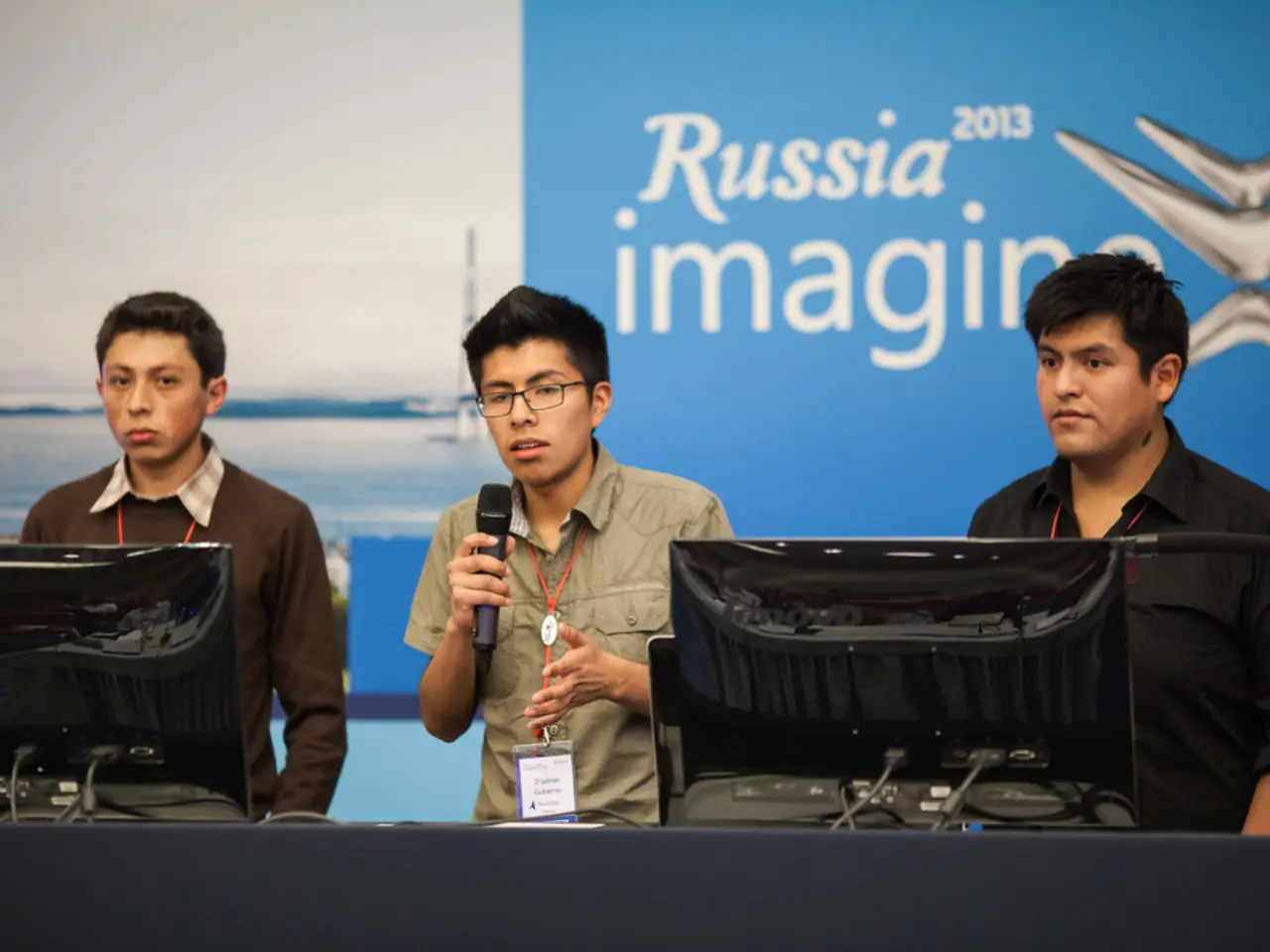Tech Giant Qualcomm Supports African Start-ups in Revolutionizing Crucial Sectors by 2025
In a significant stride towards advancing Africa's deep technology ecosystem, Qualcomm has announced the selected startups for its 2025 Make in Africa Innovation Program. The initiative, focusing on 5G, edge AI/ML, computing, and the Internet of Things (IoT), attracted nearly 435 applications from 19 African countries.
The chosen startups, representing diverse innovative applications of AI, IoT, solar energy, and electric mobility, hail from Nigeria, Tunisia, Benin, Senegal, and Kenya. These startups are poised to transform sectors such as agriculture, sustainability, climate resilience, transport, and healthcare.
Aframend, a Nigerian startup, uses AI to develop drugs based on African phytochemicals, while AmalXR from Tunisia offers AI-powered virtual reality solutions for rehabilitation. Archeos, based in Benin, automates pisciculture (fish farming) with solar-powered IoT, and ClimatrixAI from Nigeria focuses on AI for flood risk prediction.
Ecobees, another Tunisian startup, monitors hive health with AI-based beekeeping IoT, while Edulytics from Senegal detects liver fibrosis through mobile technology. Farmer Lifeline from Kenya offers solar-powered AI robotics for crop pest and disease detection, and Pixii Motors, also from Tunisia, optimises battery usage for electric scooters.
Kenyan startups Pollen Patrollers and Solar Freeze focus on AI/IoT-based pollination monitoring and solar-powered IoT cold storage solutions for food preservation, respectively.
The 10 startups in the cohort will benefit from a range of resources, including free hardware platforms, mentorship and business coaching, engineering consultations for product development, guidance on intellectual property protection, and eligibility for stipends and the Qualcomm Wireless Reach Social Impact Fund.
Wassim Chourbaji, Senior Vice President and President of Qualcomm Middle East & Africa, highlighted the continent's expanding innovation potential in key sectors vital to its growth. John Omo, Secretary-General of the African Telecommunications Union, praised the chosen startups as shining examples of African innovation.
Omo emphasised the need for a wide-ranging coalition for true advancement and urged increased support from both public and private sectors for African innovation. However, he did not specify which startup will receive the Wireless Reach Social Impact Fund.
Qualcomm's cellular, IoT, and edge-AI technologies are available to the 2025 cohort of the Make in Africa Innovation Program. The program, in its third edition, aims to strengthen Africa's deep tech landscape by offering mentorship, technical training, business development support, and education on intellectual property.
ATU is also working to harmonise spectrum policy, regional standards, and open-data practices to accelerate the transition of new technologies from the lab to the market. This collaboration aims to foster a vibrant and innovative tech ecosystem in Africa, driving economic growth and social impact.
The startups, including Aframend (Nigeria), AmalXR (Tunisia), Archeos (Benin), ClimatrixAI (Nigeria), Ecobees (Tunisia), Edulytics (Senegal), Farmer Lifeline (Kenya), Pixii Motors (Tunisia), Pollen Patrollers (Kenya), and Solar Freeze (Kenya), leveraging technology in various sectors ranging from healthcare to agriculture, have been selected for the program with advanced focus in areas like 5G, edge AI/ML, computing, and the Internet of Things (IoT). The Africa-based businesses will receive resources and guidance, such as mentorship, business coaching, engineering consultations, intellectual property protection advice, and eligibility for stipends and the Qualcomm Wireless Reach Social Impact Fund, to nurture their growth and impact.




